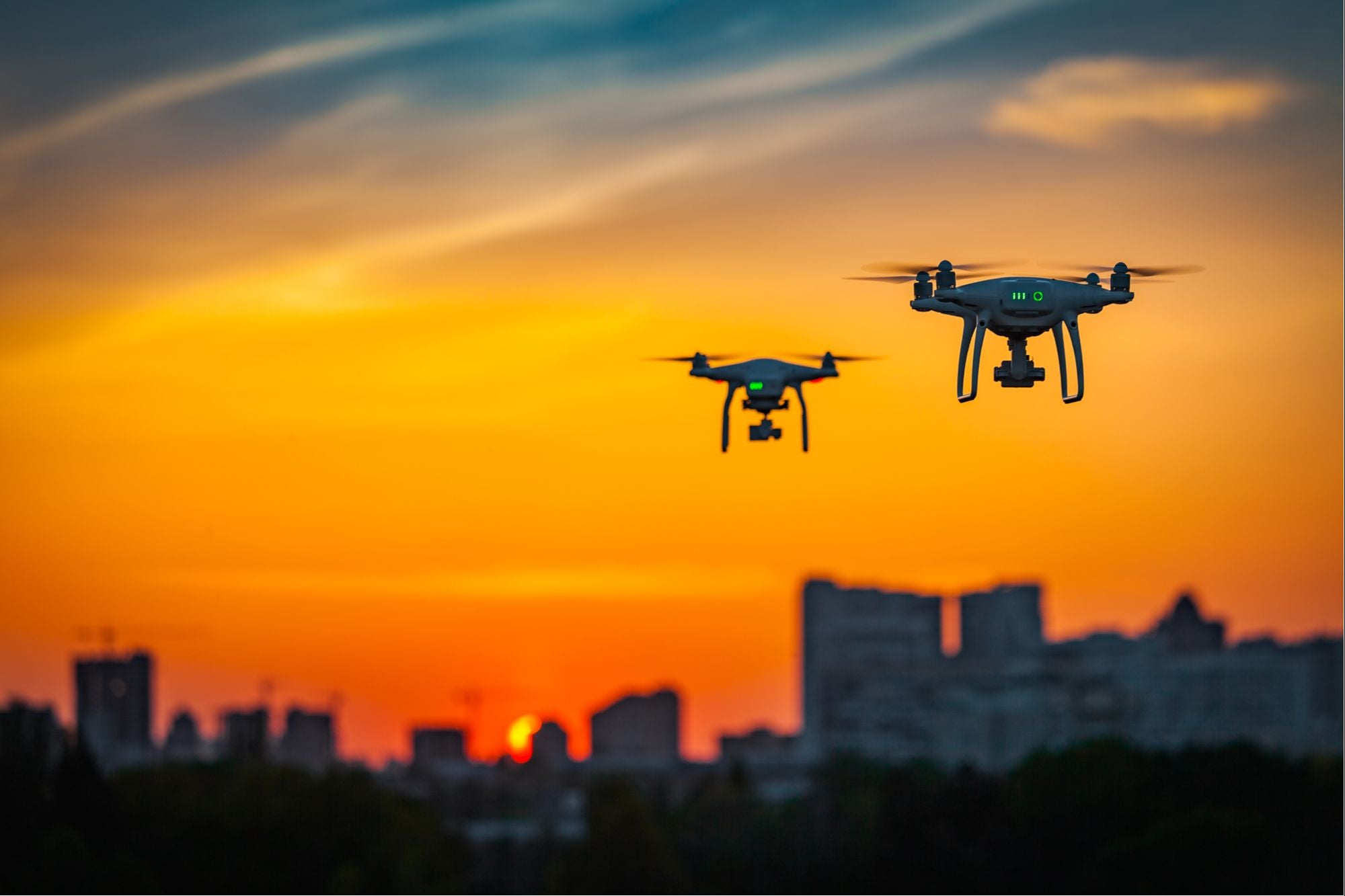Can Drones Make the Consumer Delivery Ecosystem Fly? If approved, start-ups such as Dunzo and Zomato would be able to cut down costs and drive faster deliveries
By Debroop Roy
Opinions expressed by Entrepreneur contributors are their own.
You're reading Entrepreneur India, an international franchise of Entrepreneur Media.

In what could be the first step towards getting orders delivered in quick time during peak hour traffic, the Directorate General of Civil Aviation (DGCA) has sought additional detail for their drone delivery applications from seven companies including food delivery providers Swiggy and Zomato, The Economic Times reported, citing sources.
According to the report, 27 of the 34 applications received were rejected for the lack of enough information.
This move comes five months after the aviation regulator had first opened itself to applications for operating Beyond Visual Line of Sight (BVLOS) or long-range drones, on an experimental basis. Currently, BVLOS drones are only used for military operations in most countries even as there have been talks of their use for several civil and commercial purposes.
Legalization in India
Due to security reasons, the DGCA had banned the use of drones in 2014. In December last year, the ban was lifted and regulations were put into place for the use of these unmanned aerial vehicles.
As per the rules, any drone that weighs less than or equal to 250 gram must be registered on Digital Sky—an online portal—to receive a unique identification number. The registration process cost per drone is INR 1,000. The rules also state that drones must only be flown during day time and within line of sight.
Other regulations include insurance coverage, installation of compliance software to prevent flying without prior permission and additional permits for flying above 200 feet.
Successful Test
In June, Zomato said it had successfully tested a drone to deliver food at a DGCA-approved remote site. The drone covered a distance of five kilometer in ten minutes, the Gurugram-based company had said in a statement.
Zomato's foray into a potential food-delivery business via drones, however, is not a surprise. It bought drone delivery start-up TechEagle Innovations in December 2018. Founded in 2015, TechEagle's focus had been on custom-made drones that would be able to carry upto 5 kilogram of load.
"The only possible way to reduce the average 30 minutes to 15 minutes is to take the aerial route," Zomato's founder and chief executive officer Deepinder Goyal had said in the statement issued in June, adding roads were not efficient for very fast deliveries.
Need to Commercialize
While a future where drones form a regular part of daily life may seem like one that posits a fair number of questions regarding security, for companies it presents multiple opportunities.
A delivery service start-up such as Dunzo, which was also among those that received the initial approval from DGCA according to ET's report, would be able to aggressively cut down labor costs if drone delivery is commercialized.
Such a situation would be a push for more automation across sectors, driving efficiency for the entire ecosystem.












